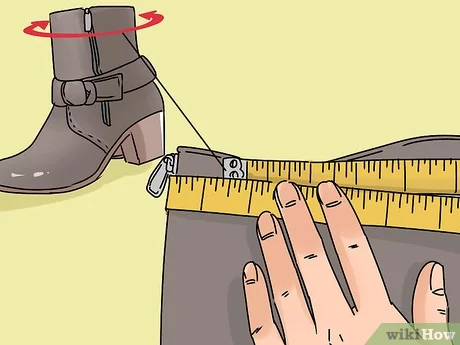How to Get EU Citizenship: 14 Steps

Getting European Union (EU) citizenship can open doors to many opportunities, including access to the job market, healthcare, and education in any member state. Follow these 14 steps to guide you through the process of obtaining EU citizenship.
1. Determine your eligibility: Begin by checking if you have any ancestral or familial connections in an EU country. Many EU nations offer citizenship based on ancestry or through marriage with a citizen.
2. Choose a country: Select an EU member country that best suits your needs and requirements, taking into consideration factors such as language, culture, economy, and immigration policies.
3. Research the Citizenship Requirements: Each EU country has different regulations and requirements for obtaining citizenship. Thoroughly research the specific criteria for the country in which you are interested.
4. Obtain a Visa: Before relocating to an EU country, you will need a visa or residence permit. Apply for the appropriate visa category based on your purpose and duration of stay.
5. Learn the Language: Acquiring fluency in the local language is often a prerequisite for attaining citizenship. Start learning early, as this will also help you integrate into society more smoothly.
6. Move to Your Chosen Country: Once your visa is approved, you can move to your chosen EU country and gradually work towards establishing residency.
7. Stay Compliant with Local Laws: Abide by all applicable laws and regulations of your chosen country while living there.
8. Establish Residency: Fulfill residency requirements which may vary depending on factors like employment status, family ties, investments made in the country, or other circumstances.
9. Fulfill Integration Requirements: Some countries mandate integration courses such as history and culture classes to ensure applicants are knowledgeable about their chosen country’s culture and values.
10. File Taxes: Make sure to comply with all tax requirements while residing in the EU country; this is often a prerequisite for citizenship.
11. Maintain a Clean Criminal Record: EU countries generally require applicants to have a clean criminal record. Any criminal history could jeopardize your chances of attaining citizenship.
12. Apply for Citizenship: Once you meet all the residency, language, and integration requirements, apply for citizenship. This process may vary depending on the country and typically includes submitting an application with supporting documentation and attending an interview.
13. Take the Citizenship Test: In most cases, you will be required to pass a test demonstrating your knowledge of the country’s history, culture, and language before being granted citizenship.
14. Obtain Your EU Passport: After successfully completing all the necessary steps and receiving approval for your citizenship application, you will finally be issued your EU passport, affording you various benefits like free movement within the EU, access to healthcare and education systems, and more.
These 14 steps outline a general path towards EU citizenship. Each country follows its unique procedures, which may differ slightly from this guide. Familiarize yourself with the specific requirements of your chosen country and follow them diligently to ensure success in obtaining EU citizenship.






